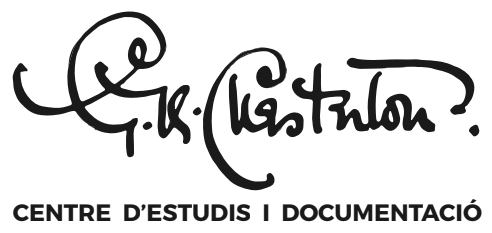Glossary
The glossary includes essential terms related to the person, life, and work of Chesterton. For reasons of space it must inevitably be incomplete. It includes the most important people – family, friends, contemporaries and adversaries -, the most significant places – streets, neighborhoods, buildings, literary, cultural and religious associations – and the most important public activities – conferences, debates, meetings, congresses , election campaigns and travel.
There are currently 4 terms in this directory beginning with the letter E.
Edwardian Age
The Edwardian Age in the United Kingdom spans the reign of Edward VII and extends from 1901 to 1910; the death of Queen Victoria in 1901 and the accession of her son Edward signalled the end of the Victorian Age and the beginning of a new century (Source: Wikipedia); the new monarch will live through a time of transition towards the end of global empires, in which the contradictions between a liberal and a protectionist economy derived from the constraints of imperial borders to free trade will make themselves patent; another feature of the period is the strengthening of the labour movement with the appearance of the Labour Party and the growth of the trade unions; a new generation of young poets, writers, and artists will call for a cultural renewal to leave behind the Victorian Age.
Encyclopaedia Britannica
Chesterton was asked to write the entries for Humour (1928) and Charles Dickens (1929).
Eucharistic Congress, The
Held in Dublin from 21 to 26 June 1932; Gilbert and Frances were present; his experience as an observer in the Congress is shown in the book Christendom in Dublin (1932), in which he vividly describes the profound impact the week’s events had on him, in particular the genuine commitment of the city’s poor.
